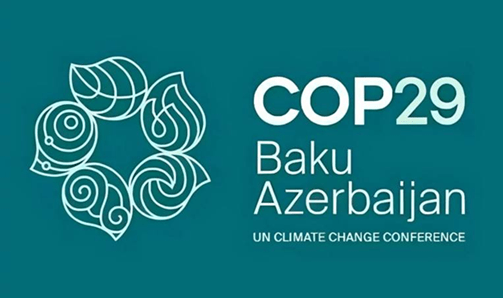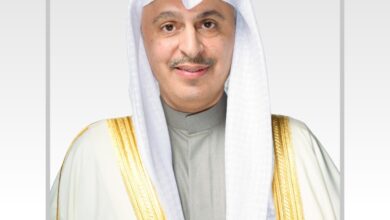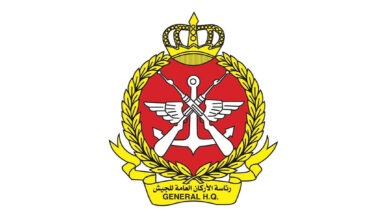Uzbekistan on the way to a sustainable future: environmental initiatives and international cooperation
On November 11-13, President of Uzbekistan Shavkat Mirziyoyev is taking part in the World Summit on Combating Climate Change at the 29th session of the Conference of the Parties to the UN Framework Convention on Climate Change, which will be held in Baku.

Delegations from almost 200 countries at the level of heads of state, government and ministers, representatives of international organizations, NGOs, expert, scientific and social circles are expected to participate in the conference.
The event is part of the 29th Conference of the Parties to the UN Framework Convention on Climate Change (COP-29), adopted in 1992 and covering almost all countries of the world. The Kyoto Protocol and the Paris Agreement are the documents adopted on the basis of and as a follow-up to this Convention.
Uzbekistan joined the UN Framework Convention on Climate Change on June 20, 1993, ratified the Kyoto Protocol in 1999 and the Paris Agreement in 2017, assuming a number of commitments, including the main quantitative commitment to reduce greenhouse gas emissions per unit of GDP by 35% of the 2010 level by 2030.
As a party to the UN Framework Convention, Uzbekistan prepares and submits to the Convention Secretariat regular climate reporting – national communications, biennial reports, and adaptation plans, develops and updates nationally determined contributions (NDCs).
Speaking at the High Level Segment of COP-28 in Dubai on 1 December 2023, President Shavkat Mirziyoyev presented the country’s position on climate change, information on measures on decarburization, adaptation to climate change, cooperation on ecosystem conservation and restoration of the Aral Sea ecosystem.
It is worth noting that Uzbekistan actively participates in international environmental initiatives aimed at combating climate change and protecting Central Asian ecosystems. One of the key tasks is the restoration of the Aral Sea, the ecosystem of which has been significantly damaged. Uzbekistan initiated the establishment of the UN-sponsored Multi-Partner Trust Fund for the Aral Sea region, which aims to transform this region into a climate-resilient zone.

Uzbekistan seeks to reduce CO₂ emissions, develops renewable energy and cooperates with UNESCO’s Green Education Program to promote environmental education.
At COP-28 and other meetings, the country presented the “One Region, One Voice” strategy, bringing together countries in the region to jointly address environmental challenges and create common standards for conservation.
In addition, Uzbekistan has committed to achieving the Sustainable Development Goals, particularly through the development of “green” energy, reducing emissions and improving water management. This includes projects to develop solar and wind energy to reduce dependence on hydrocarbons.
In 2022, the office of the Global Green Growth Institute (GGGI), the first representative office of this organization in the CIS and Central Asia, opened in Tashkent. GGGI is an international organization founded to support countries in the transition to sustainable economic growth through the development of “green” economy and climate initiatives.
The main goal of the institute’s work in Uzbekistan is to promote sustainable development and environmental rehabilitation of the region, especially in the context of climate change. One of the significant projects was the green rehabilitation of Aral Sea region, funded by the Korea International Cooperation Agency (KOICA). This project is aimed at overcoming the consequences of the environmental crisis associated with the shoaling of the Aral Sea and improving living conditions in Karakalpakstan through “green” technologies and sustainable farming practices.
The climate agenda is also being actively promoted within other international formats. In particular, within the framework of the SCO, our head of state stressed the need to strengthen coordination and practical cooperation in decarburization and introduction of “clean” technologies, development of “smart” agriculture and water conservation.
At the summit of the Organization of Turkic States held in Bishkek on November 5-6, Uzbekistan’s leader suggested accelerating the establishment of the Turkic Ecological Council at the ministerial level to find solutions to acute environmental problems related to climate change.
All these initiatives reflect Uzbekistan’s aspiration to contribute to international efforts in the field of ecology and ensure a more sustainable future for our country, the region and the planet as a whole.
The participation of the President of Uzbekistan in the upcoming event in Baku will once again reaffirm our country’s commitment to “green” growth and development, readiness to consolidate efforts to mitigate climate change and fulfill its commitments to achieve the goals of the UN Framework Convention on Climate Change, the Kyoto Protocol and the Paris Agreement.












